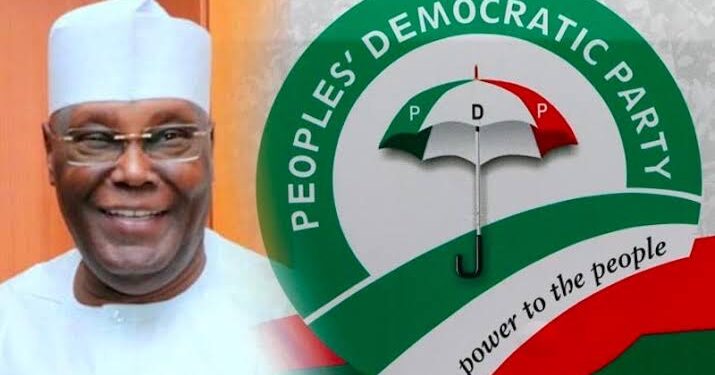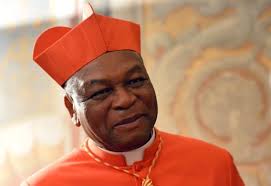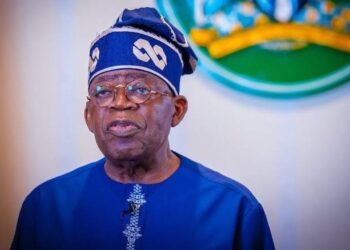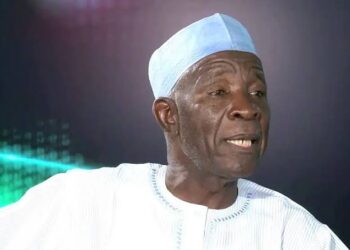Following the recent removal of Senator Ali Ndume (APC: Borno South) as Majority Chief Whip of the Senate, the political landscape has seen significant reactions. Former Vice President Atiku Abubakar expressed deep concern over what he perceives as a threat to democracy in Nigeria. Atiku criticized what he termed an “unholy alliance” between the executive and legislative branches, suggesting it could lead to a dictatorial regime detrimental to the populace.
In a scathing statement titled ‘Tinubu’s Government Exhibiting Despotic Traits,’ Atiku lamented the current administration’s departure from democratic principles, particularly in safeguarding citizens from executive overreach. He pointed out instances where legislative oversight appears compromised, citing the Senate’s swift action against members who challenge executive decisions.
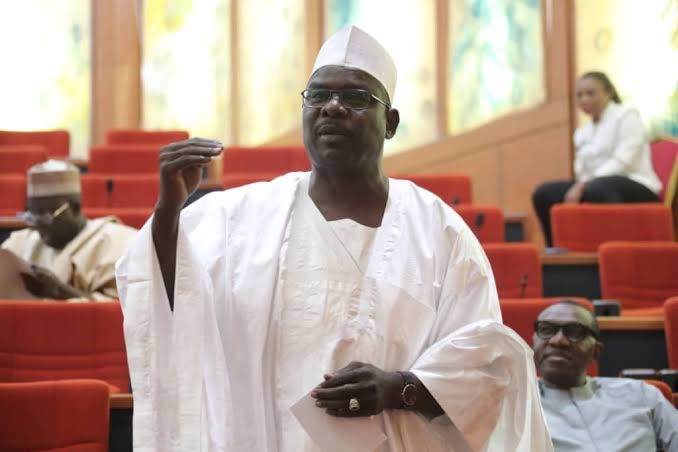
Atiku highlighted Senator Ndume’s outspoken stance against governmental policies and his subsequent removal as Chief Whip, which he attributed to his vocal criticism of President Bola Tinubu’s leadership. Ndume had raised concerns about widespread hunger and poverty, accusing the presidency of neglecting urgent issues.
The All Progressives Congress (APC) later called for Ndume’s resignation from the party, leading to his ousting from the leadership position in the Senate.
Moreover, Salihu Moh. Lukman, former APC National Vice Chairman, also voiced criticism, questioning the legitimacy of Ndume’s removal and accusing party leaders of unilateral decision-making. Lukman characterized President Tinubu’s governance as deviating from democratic principles and criticized the party leadership’s handling of internal affairs.
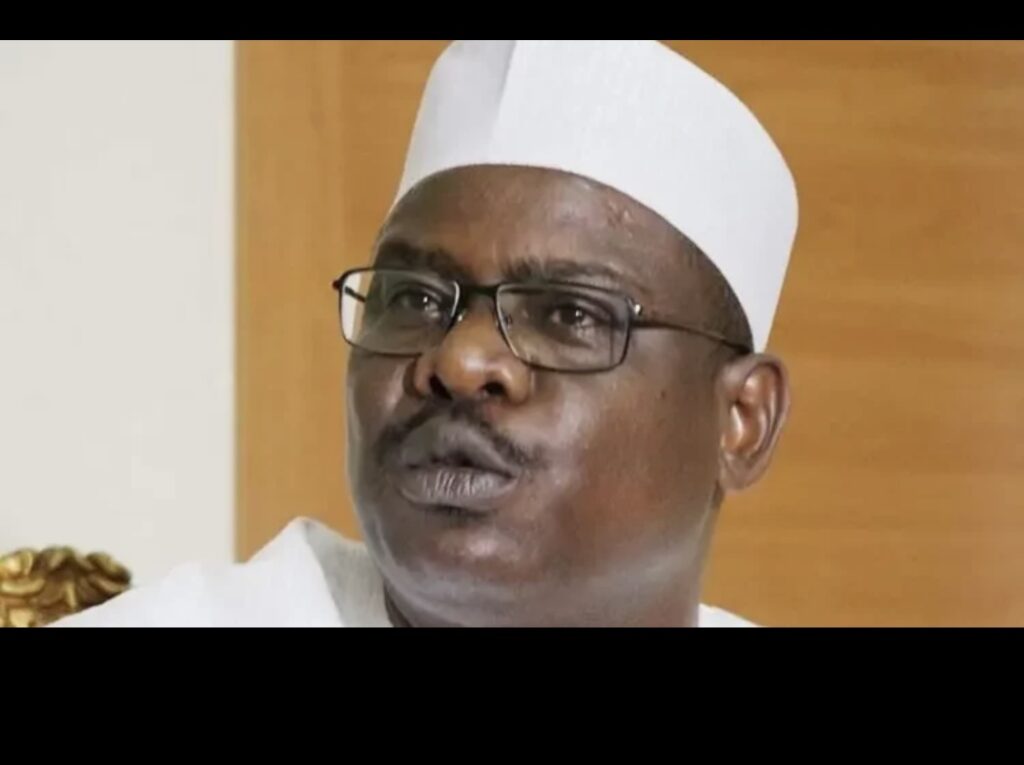
Atiku underscored the essential role of the legislative branch in curbing executive power excesses, a fundamental tenet in democratic governance. He lamented the Senate’s perceived complicity in endorsing executive decisions without adequate scrutiny or debate, citing instances where dissenting voices were silenced or punished.
Furthermore, Atiku emphasized the need for a participatory approach to governance that ensures government accountability and responsiveness to public needs. He condemned what he viewed as a growing trend of legislative acquiescence to executive directives, warning of dire consequences for Nigeria’s democratic health.
In conclusion, Atiku and Lukman’s critiques reflect broader concerns over the state of democracy in Nigeria under the current administration. They argue that democratic principles, such as checks and balances, are eroding, posing a risk of authoritarian rule. Their statements call for a reevaluation of legislative independence and a return to principles that prioritize public welfare over partisan interests. As political tensions continue to escalate, the future of Nigeria’s democratic institutions remains uncertain amidst ongoing power struggles and governance challenges.


